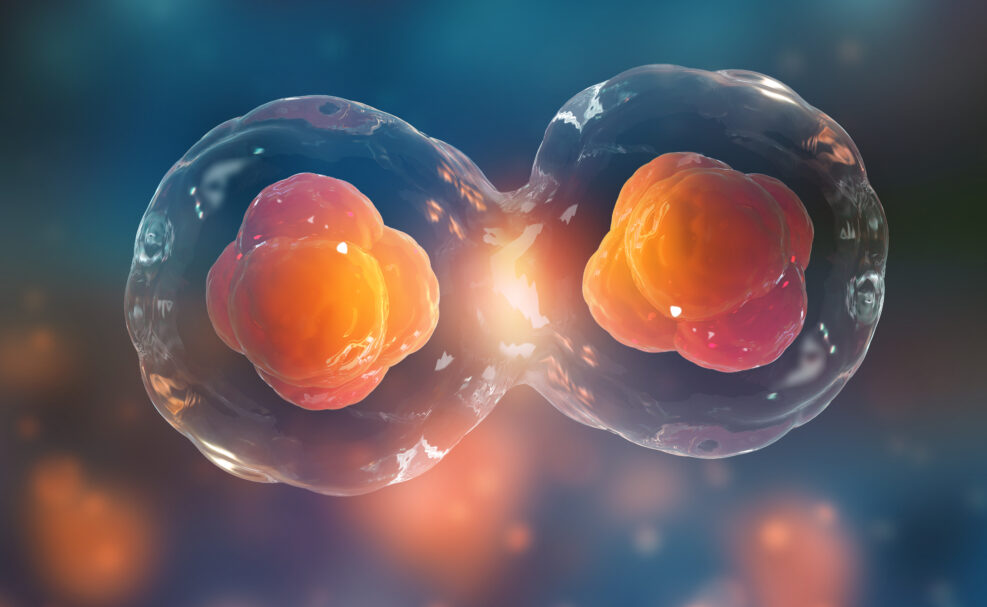
Cognitive Cells? A Newer Challenge to Neo-Darwinism
The origin of self-referential cognition is unknown, say a trio of researchers who call it “biology’s most profound enigma”In September 1957, Nobel Prize-winning biophysicist Francis Crick (1916–2004) announced the “Central Dogma” in biology, at a symposium at Oxford University. The dogma is currently given in the Biology Dictionary thus: “genetic information flows primarily from nucleic acids in the form of DNA and RNA to functional proteins during the process of gene expression.” This view that genes rule underpins mainstream assumptions about how traits are inherited; from there, it governs accepted assumptions about evolution. So the ground on which Darwin’s modern defenders stand, propounding the only true history of life, is narrow but it is firm. Sir Francis Crick is perhaps better known to laypeople for his 1994 book, The Astonishing Hypothesis: The Scientific Search for Soul, which he Read More ›
